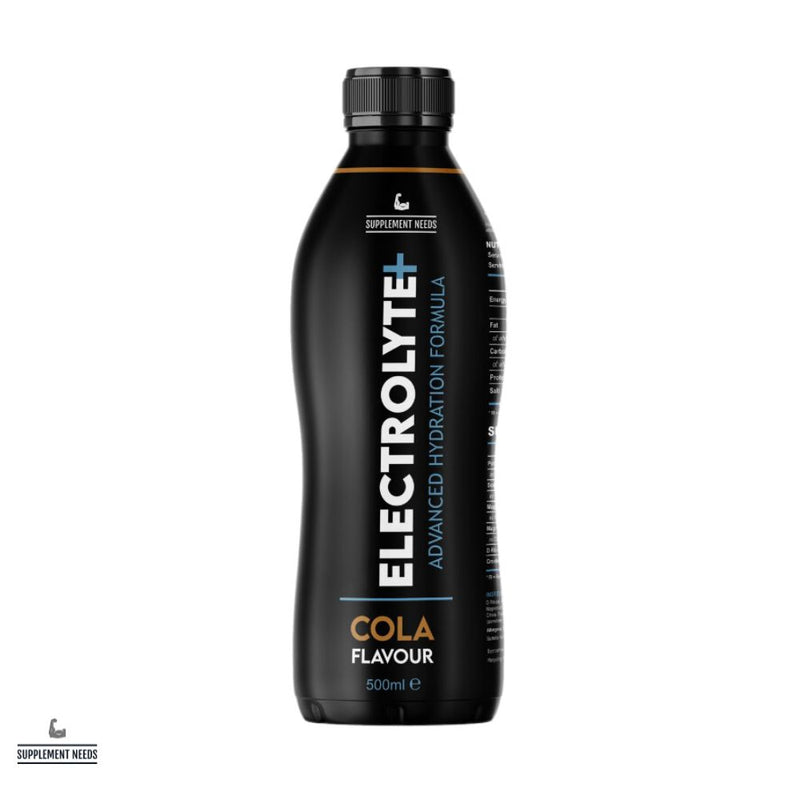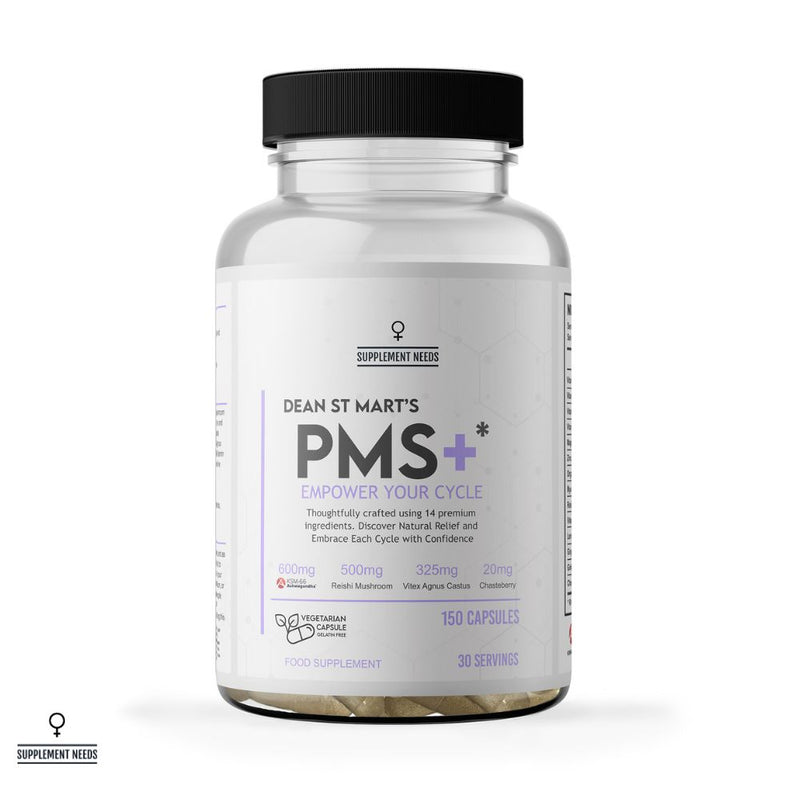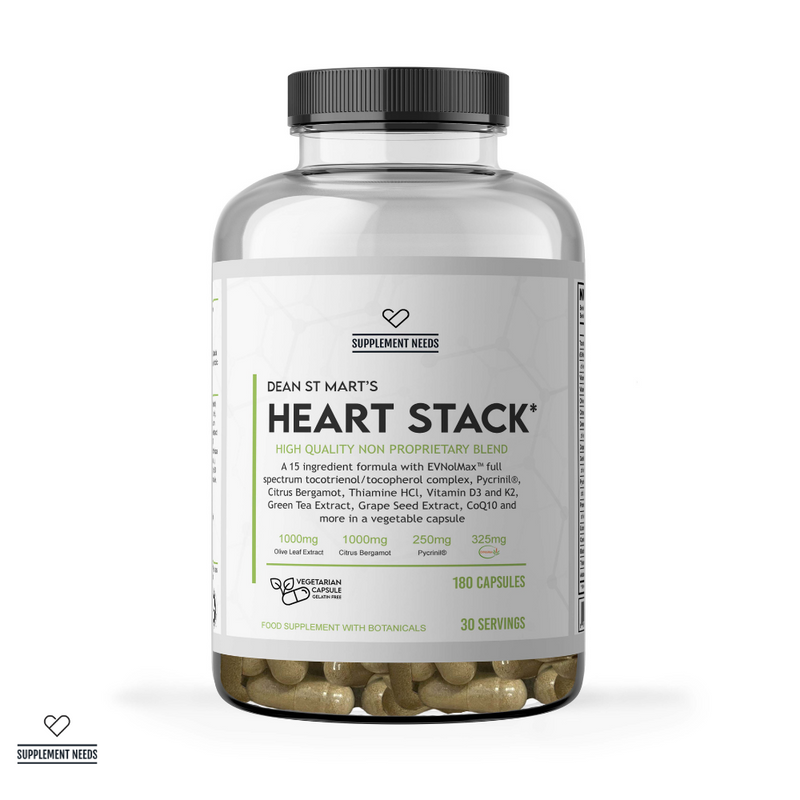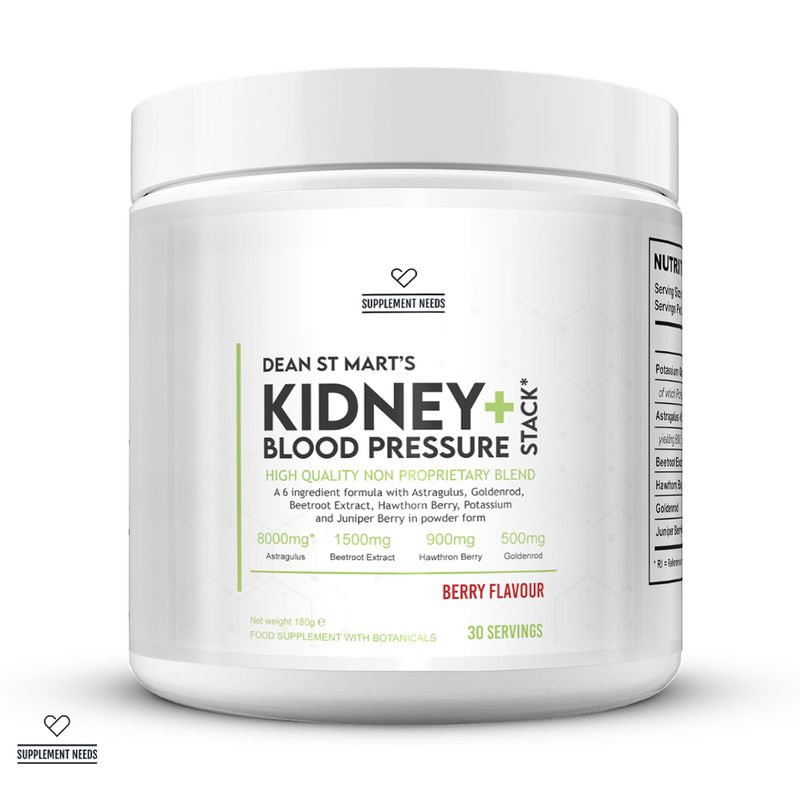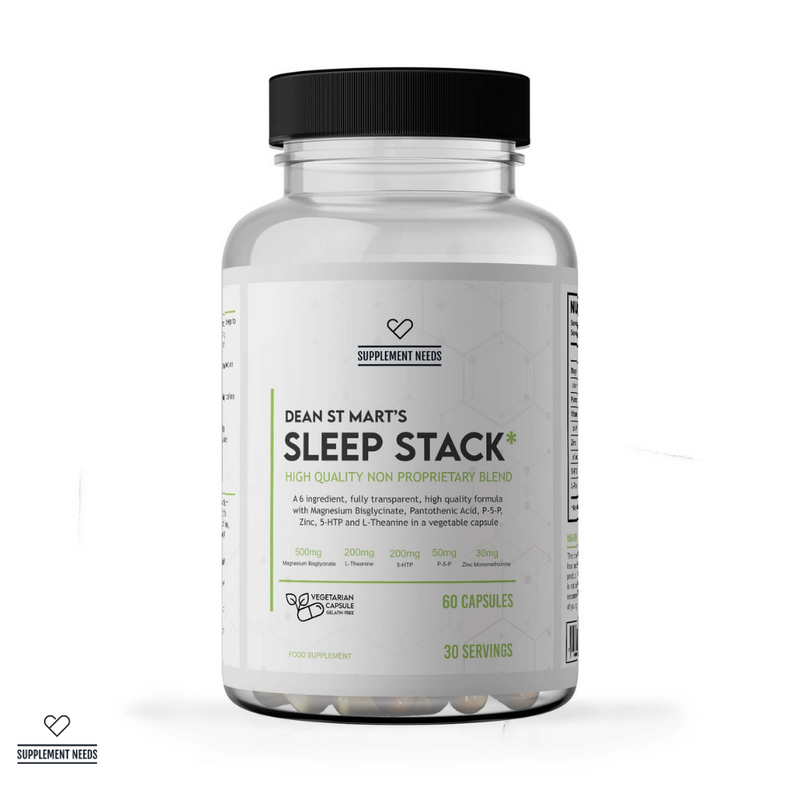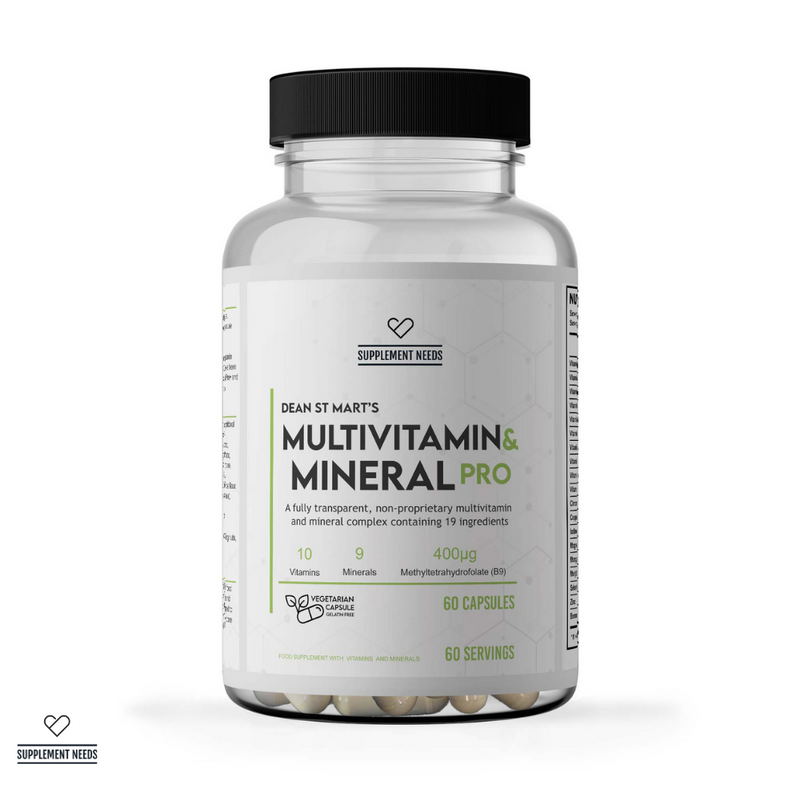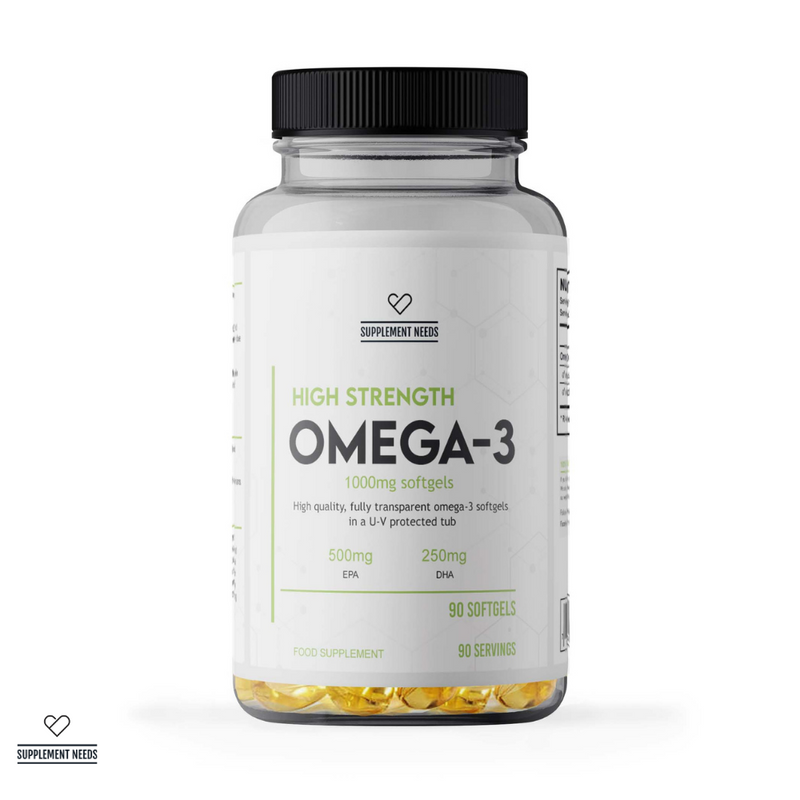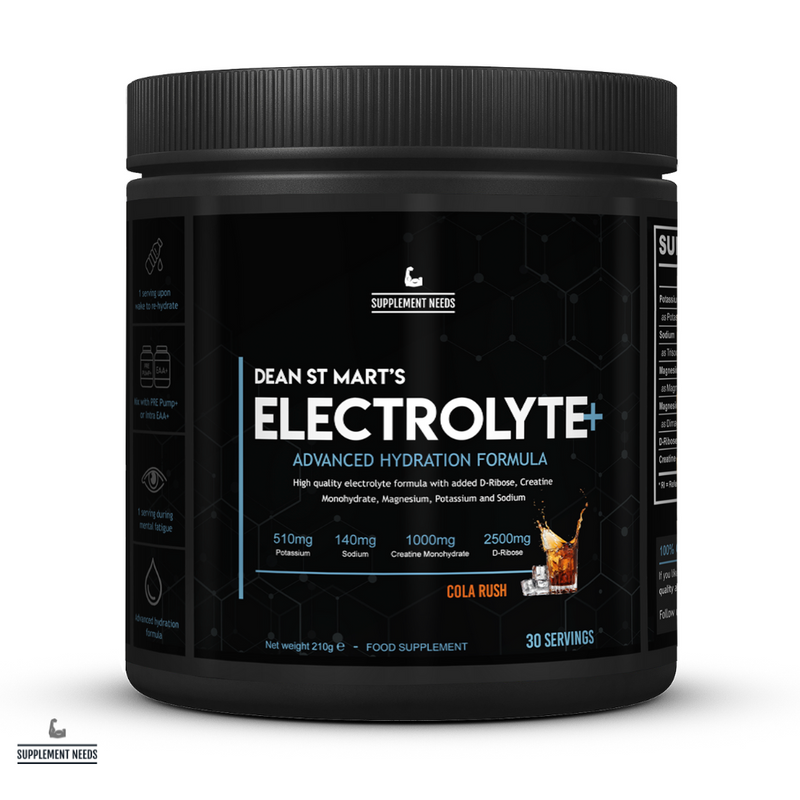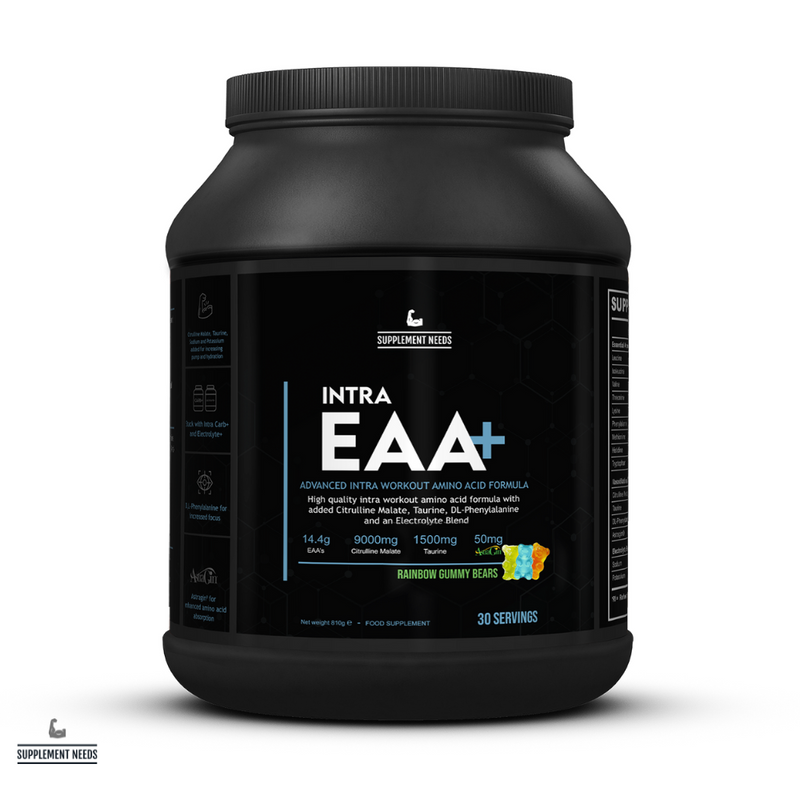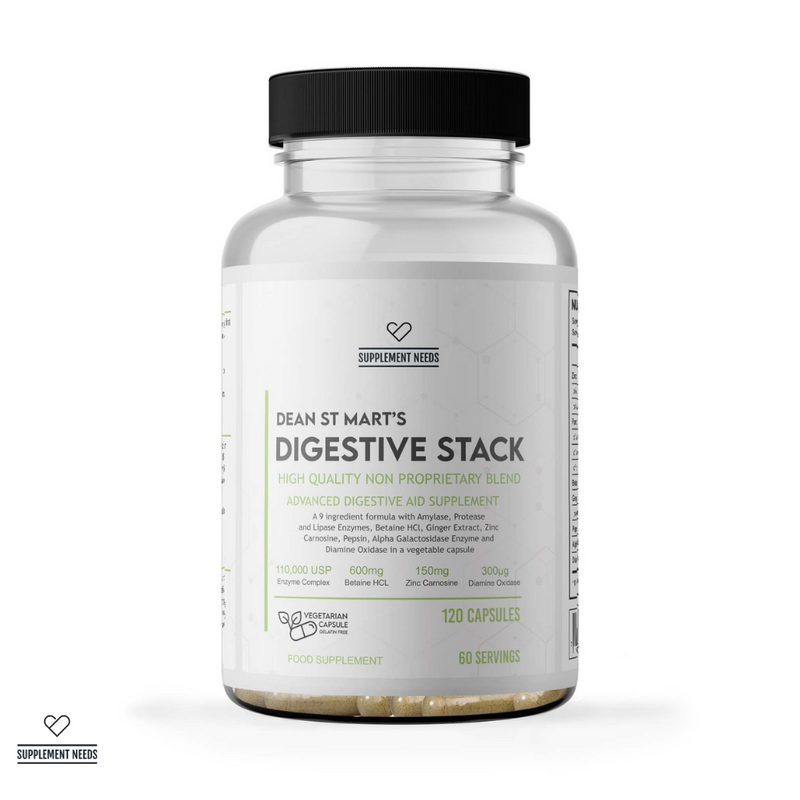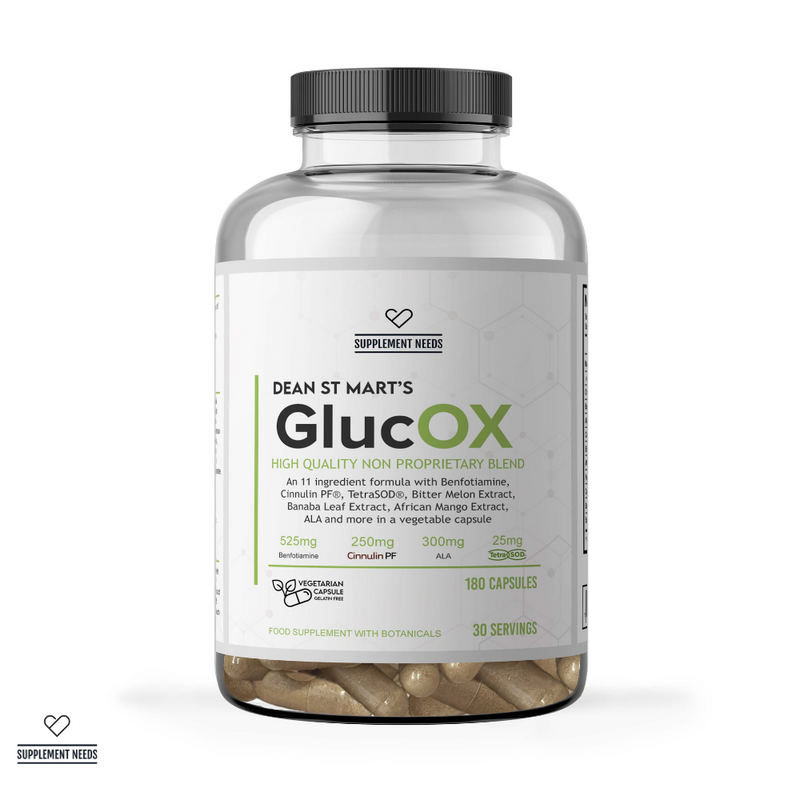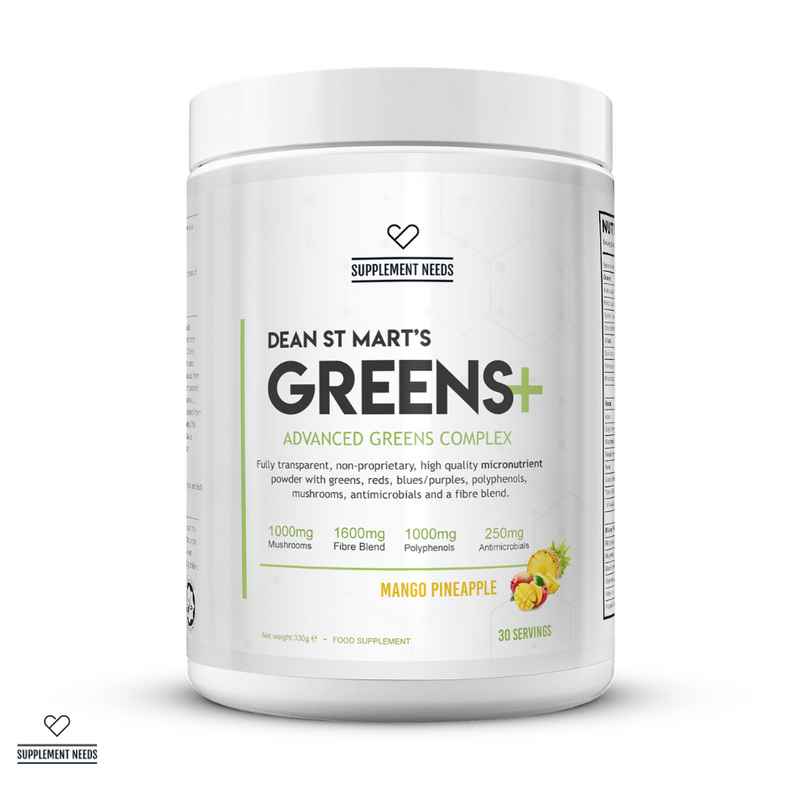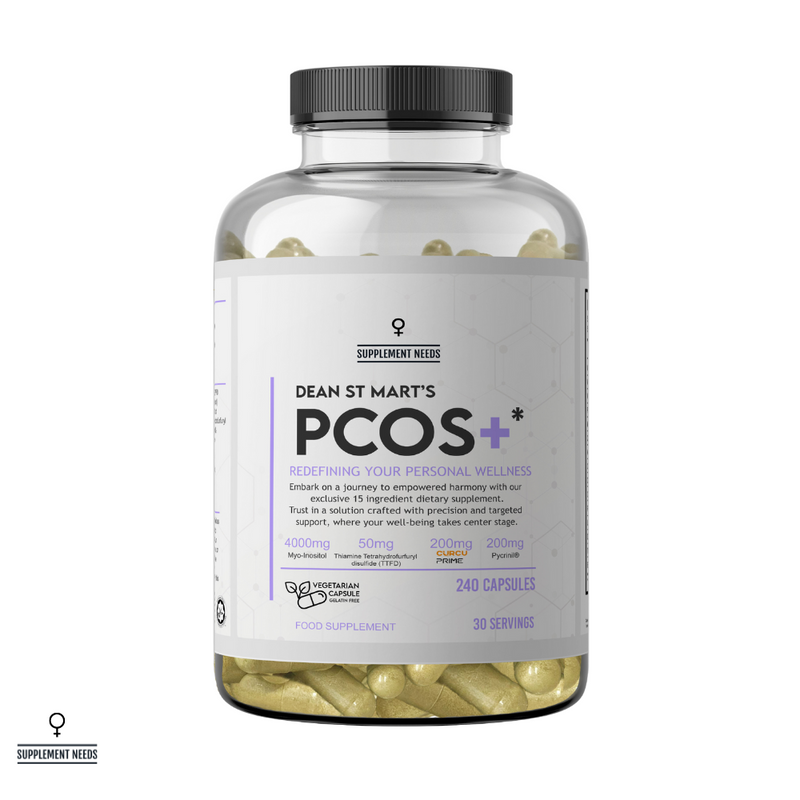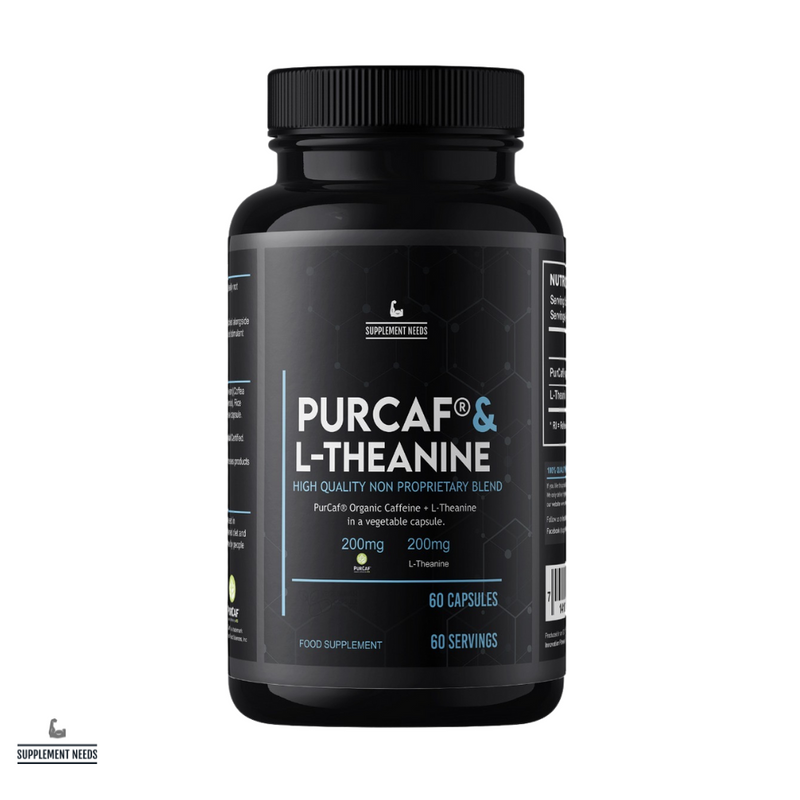Thinking back to school science classes, you probably remember a lesson or two about the body – but how much do you remember about your kidneys? Kidney health appears frequently in pop culture medical dramas, but what’s true, and what’s made up for the cameras? Find out in this ultimate guide from the team at Supplement Needs…
Where are your kidneys?
But before we get into the more detailed explanations, let’s take a look at the basics: where are your kidneys, what do they do, and how do they work?
In the human body, you have two kidneys located just below your rib cage at the back of your abdomen, one on either side of the spine. They’re each approximately the size of a fist, and shaped like a bean (hence the naming of kidney beans).
Your kidneys play a key role in the urinary tract, with each one connecting to the bladder via two thin, muscle tubes called ureters1. This system is how urine is produced, stored, and excreted from the body.
What do kidneys do?
Now you know where they are, the next thing to look at is: what do your kidneys do?
Interestingly for their size, the kidneys are involved in a variety of often complex processes that help to maintain your overall health, making them the very definition of ‘small but mighty’.
Below are just a selection of functions your kidneys contribute to or manage.
-
Blood filtration and removal of toxins and waste products, like urea and creatinine.
-
The production of essential hormones and vitamins.
- Blood pressure regulation and blood nutrient concentration.
Of course, this is just a brief overview. So, let’s take a brief but deep dive into the science of kidney function.
Blood filtration and blood pressure management
The primary function of the kidney, and likely the one you’re most familiar with, is to filter toxins, waste, and excess substances out of the blood by creating urine (which is then stored in the bladder until you go to the bathroom).
In order to do this, within the kidney there are millions of filtration units called nephrons. Each nephron contains a glomerulus and a tubule. The glomerulus is a collection of capillaries lined with thin membranes that filter out water and small molecules; whilst the tubule returns necessary nutrients back into the blood to be transported away from the kidneys and used elsewhere in the body.
The nephrons in your kidneys use a three-phase process to filter out toxins, waste, and excess molecules (and produce urine) whilst reabsorbing the nutrients the body needs. These phases are2:
-
Glomerular filtration – this is a passive process that uses pressure to push fluids through a glomerular membrane, removing water and small molecules.
-
Tubular reabsorption – as the name suggests, at this stage the kidney reabsorbs nutrients according to contemporary requirements (which can change if you need more or less of a substance).
- Tubular excretion – the final stage disposes of drugs and other plasma-bound metabolites and undesirable and/or excess molecules. This is also when hydrogen ions are removed, or chloride ions are reabsorbed, to help regulate blood pH levels.
Aside from filtration, healthy kidney function and blood pressure have been linked for almost 200 years3, both due to their role in fluid excretion, and maintaining sodium homeostasis. Studies have shown that blood pressure is affected by levels of sodium in the diet4, regardless of whether someone is hypertensive5. Managing this electrolyte balance via filtration ensures your kidneys have an important role in your overall blood pressure health.
The kidneys are also responsible for the production of renin, which is one of the hormones responsible for blood pressure regulation and sodium/potassium homeostasis. Working together with angiotensin and aldosterone, your body releases renin when your systolic blood pressure has decreased or it detects an electrolyte imbalance6.
Simply put, it’s not just your heart that matters when it comes to blood pressure maintenance – your kidneys have their hat in the ring too.
Note – since looking after your kidneys supports your blood pressure, it simply makes sense that you should get a supplement that can benefit both – like the Supplement Needs Kidney and Blood Pressure Stack, which is expertly formulated with ingredients like astragalus root and hawthorn berry extract to support both your kidneys and healthy blood pressure.
Hormone and vitamin production
Renin is not the only chemical produced in the kidneys; there are two other key players that we should mention, called calcitriol and erythropoietin.
Calcitriol is the bioactive form of vitamin D that is involved in everything from your immune and inflammatory response to renin production7.
Guide - to learn more about vitamin D, and indeed other vital nutrients, read our Ultimate Guide to Buying Vitamins and Multivitamins.
Erythropoietin on the other hand, is an essential glycoprotein that stimulates erythrocyte production by signalling bone marrow erythropoiesis8.
What this essentially means is that, when the body detects low blood oxygen levels, the kidneys ramp up production of erythropoietin. This chemical communicates with bone marrow to trigger the production of more red blood cells, which can carry more oxygen around the body. When blood oxygen levels have stabilised, the kidneys reduce production again.
What is good for kidney health?
Of course, understanding the importance of keeping your kidneys healthy is only part of the equation; you’ll need to follow this knowledge up with some supportive lifestyle choices to help you maintain your kidney health.
Regular exercise
We’ve all heard about the benefits of exercise when it comes to weight management, muscle growth, cardioprotection, and even mental health.
But, regular exercise is also important from the perspective of your kidneys. Regular tailored, mid-intensity exercise routines can help to manage your blood pressure – and some studies have shown that it can improve your eGFR (estimated glomerular filtration rate) and overall kidney function9.
Keep hydrated
You’ve already learnt that the kidneys are the primary filtration point for the blood, and are involved in maintaining your blood volume levels. Staying properly hydrated helps your kidneys manage your electrolyte levels, ensures your body has enough water to remove waste products via urine, and maintains appropriate blood volumes.
Eat a varied, balanced diet
This advice can often feel stale or overstated, but eating a balanced diet is always a boon to supporting your overall health – including your kidneys.
Note – as part of your balanced diet, try to avoid ingesting too much sugar, especially if you’re diabetic. Chronically elevated levels of blood glucose have been shown to negatively affect kidney function over time10.
Avoid overconsumption of OTC medications
Whilst rare, it’s worth knowing that the overconsumption of over-the-counter pain medications like ibuprofen, aspirin, or other NSAIDs (non-steroidal anti-inflammatories) can temporarily or permanently affect your kidney function11 – particularly if you have a pre-existing kidney condition.
Note – if you’re unsure, always speak with your doctor or pharmacist for professional and individual medical advice.
Consider supplementation
At its core, maintaining your kidney health means giving your body the tools it needs to continue carrying out vital processes. Usually, you’ll get these nutritional tools from the foods you eat.
But, managing your diet isn’t always easy. If you’re struggling with maintaining a regular, balanced diet – or need a nutritional boost – you might want to consider including some supplements to help you get the nutrition you need.
The best kidney supplements are specifically formulated with beneficial ingredients that can support your kidney health, helping you stay healthy – and potentially improve your blood pressure…
Introducing Supplement Needs’ Kidney and Blood Pressure Stack

When it comes to health supplements, you should always invest in quality over anything else. Our Kidney + Blood Pressure Stack is a premium example, where you benefit from the knowledge and research straight from the mind of Dr Dean St Mart, an industry-leading professional in the world of supplementation.
But don’t just take our word for it – we’re always completely transparent about the ingredients we use, and we never include something as ‘filler’. So, let’s take a brief look at an ingredient breakdown to show you a few reasons why we’ve chosen these specific forms.
-
Astragalus root – a common component in traditional Chinese medicine, Astragalus root has been shown to potentially improve the glomerular filtration rate12 for better kidney function, as well as reduce oxidative stress, tissue thickening and inflammation13. Even our choice of root over the Astragalus fruits is deliberate to ensure you get superior ingredient quality from your supplement.
-
Goldenrod – high in flavonoids called Quercetin and Kaempferol, Goldenrod has been shown to be antioxidative, anti-inflammatory, and cardioprotective14, supporting both healthy blood pressure and kidney function.
-
Potassium Citrate – studies suggest that supplementing with this salt helps to prevent kidney stone formation (especially those with a calcium base) as it binds with the minerals instead to prevent crystallisation and help them pass through your urine15.
-
Juniper berry extract – juniper berries are rich in antioxidants, including carotenoids, which can help to protect your kidneys from oxidative stress and free radicals16 (which are rogue unstable molecules).
-
Beetroot extract – according to a systematic review, beetroot extract is rich in nitrates, which can assist in lowering blood pressure by helping your blood vessels to relax17.
- Hawthorn berry extract – studies suggest that hawthorn berry extract has the potential to positively affect your blood pressure in multiple ways, including reducing damage and inflammation, protecting blood vessel walls, and even reducing fatty build-ups that can block blood flow18.
All of our supplements are manufactured right here in the UK in accordance with strict Good Manufacturing Practices (GMP) and ISO guidelines for superior quality, consistency, and safety.
Invested in your kidney and blood pressure health? Then invest in Supplement Needs’ Kidney + Blood Pressure Stack today!
Tip – choose between a powder or capsule to find the best form to easily include into your diet.
Shop kidney health supplements now
Disclaimer
The information on this website should not be used as a substitute for professional medical advice or care. If you have questions about your health, please contact your doctor.
References
1. National Institute of Diabetes and Digestive and Kidney Diseases, Your Kidneys & How They Work [online]. Available at: https://www.niddk.nih.gov/health-information/kidney-disease/kidneys-how-they-work, (Accessed on 27th August 2024).
2. Ogobuiro, I & Tuma, F., Physiology, Renal [online]. Available at: https://www.ncbi.nlm.nih.gov/books/NBK538339/. (Accessed on 27th August 2024).
3. Samue, S.A., Francis, A.O., Anthony, O.O., Role of the Kidneys in the Regulation of Intra-and Extra-Renal Blood Pressure [online]. Available at: https://www.clinhypertensionjournal.com/articles/ach-aid1011.php. (Accessed on 27th August 2024).
4. Suzumoto, Y., et al, Kidney and blood pressure regulation—latest evidence for molecular mechanisms [online]. Available at: https://academic.oup.com/ckj/article/16/6/952/7000836#406944196. (Accessed on 28th August 2024).
5. Gupta, D.K., et al, Effect of Dietary Sodium on Blood Pressure: A Crossover Trial [online]. Available at: https://pubmed.ncbi.nlm.nih.gov/37950918/. (Accessed on 28th August 2024).
6. Fountain, J.H., Kaur, J., & Lappin, S.L., Physiology, Renin Angiotensin System [online]. Available at: https://www.ncbi.nlm.nih.gov/books/NBK470410/. (Accessed on 28th August 2024).
7. Rodriguez, M., Munoz-Castaneda, J.R., & Almaden, Y., Therapeutic use of calcitriol [online]. Available at: https://pubmed.ncbi.nlm.nih.gov/23713873/. (Accessed on 28th August 2024).
8. Tsiftsoglou, A.S., Erythropoietin (EPO) as a Key Regulator of Erythropoiesis, Bone Remodelling and Endothelial Transdifferentiation of Multipotent Mesenchymal Stem Cells (MSCs): Implications in Regenerative Medicine [online]. Available at: https://pubmed.ncbi.nlm.nih.gov/34440909/. (Accessed on 28th August 2024).
9. Arazi, H., et al, Effects of Different Types of Exercise on Kidney Diseases [online]. Available at: https://www.ncbi.nlm.nih.gov/pmc/articles/PMC8952011/. (Accessed on 28th August 2024).
10. Lo, W-C., et al, Sugar- and artificially-sweetened beverages and the risks of chronic kidney disease: a systematic review and dose-response meta-analysis [online]. Available at: https://pubmed.ncbi.nlm.nih.gov/33502726/. (Accessed on 28th August 2024).
11. NHS, Acute Kidney Injury [online]. Available at: https://www.nhs.uk/conditions/acute-kidney-injury/. (Accessed on 28th August 2024).
12. Yoshino, T., et al, Oral Astragalus Root Supplementation for Mild to Moderate Chronic Kidney Disease: A Self-Controlled Case-Series [online]. Available at: https://pubmed.ncbi.nlm.nih.gov/35300298/. (Accessed on 28th August 2024).
13. Liu, M., et al, Renal protective effects and mechanisms of Astragalus membranaceus for diabetic kidney disease in animal models: An updated systematic review and meta-analysis [online]. Available at: https://pubmed.ncbi.nlm.nih.gov/38733903/. (Accessed on 28th August 2024).
14. Cao, Y-L., et al, Flavonoids in Treatment of Chronic Kidney Disease [online]. Available at: https://www.mdpi.com/1420-3049/27/7/2365. (Accessed on 28th August 2024).
15. Phillips, R., et al, Citrate salts for preventing and treating calcium containing kidney stones in adults [online]. Available at: https://pubmed.ncbi.nlm.nih.gov/26439475/. (Accessed on 28th August 2024).
16. Gonçalves, A.C., et al, Zimbro (Juniperus communis L.) as a Promising Source of Bioactive Compounds and Biomedical Activities: A Review on Recent Trends [online]. Available at: https://www.ncbi.nlm.nih.gov/pmc/articles/PMC8952110/. (Accessed on 28th August 2024).
17. Chen, L., et al, Beetroot as a functional food with huge health benefits: Antioxidant, antitumor, physical function, and chronic metabolomics activity [online]. Available at: https://www.ncbi.nlm.nih.gov/pmc/articles/PMC8565237/. (Accessed on 28th August 2024).
18. Wu, M., et al, Roles and Mechanisms of Hawthorn and Its Extracts on Atherosclerosis: A Review [online]. Available at: https://www.ncbi.nlm.nih.gov/pmc/articles/PMC7047282/. (Accessed on 28th August 2024).
